5. Chronicles of Narnia: The Lion, the Witch, and the Wardrobe
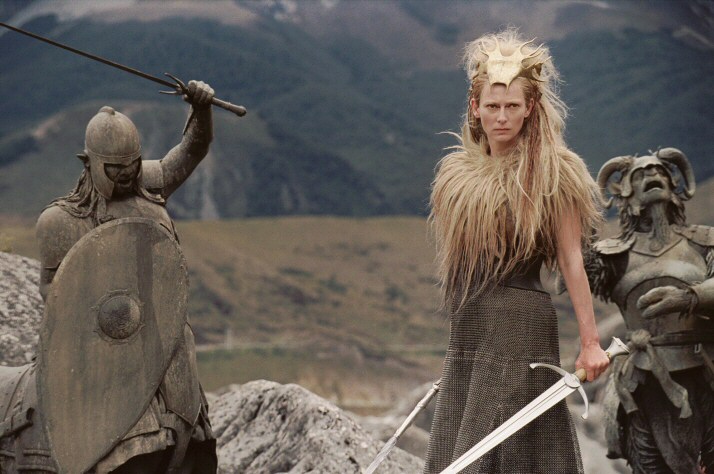
Chronicles of Narnia was released in 2005, succeeding the Lord of the Rings films and the general appreciation for fantasy that ensued. Director Andrew Adamson adapted the second book in C.S. Lewis’s children’s series, blessed by Disney’s label. The film featured unrealistic and bland CGI work, as well as generally painful acting. A contrast to Peter Jackson’s treatment of Tolkein’s work. It was followed by two more films that were similarly made and received as not of import.
The film generated some buzz over it’t tactile makeup work and won the oscar that year. However its competitors were relatively outmatched. The script, penned by a number of decent writers, was directed poorly, and lacked interesting dialogue. Critics condemned the monotone disney sheen that polished away the integrity of the story, which led to a popularity limited essentially to young children.
Harry Gregson-Williams, a younger composer in Hollywood actually provided what is perhaps the best aspect of the Narnia films. His orchestral, and ethereal score, is dominated by enchanting choral vocals, flutes, and a soft-spoken piano. He employed a full orchestra and massive choir to achieve the brilliant heart moving sound that uplifts the film through its mediocre acting and production value.
4. The Bodyguard
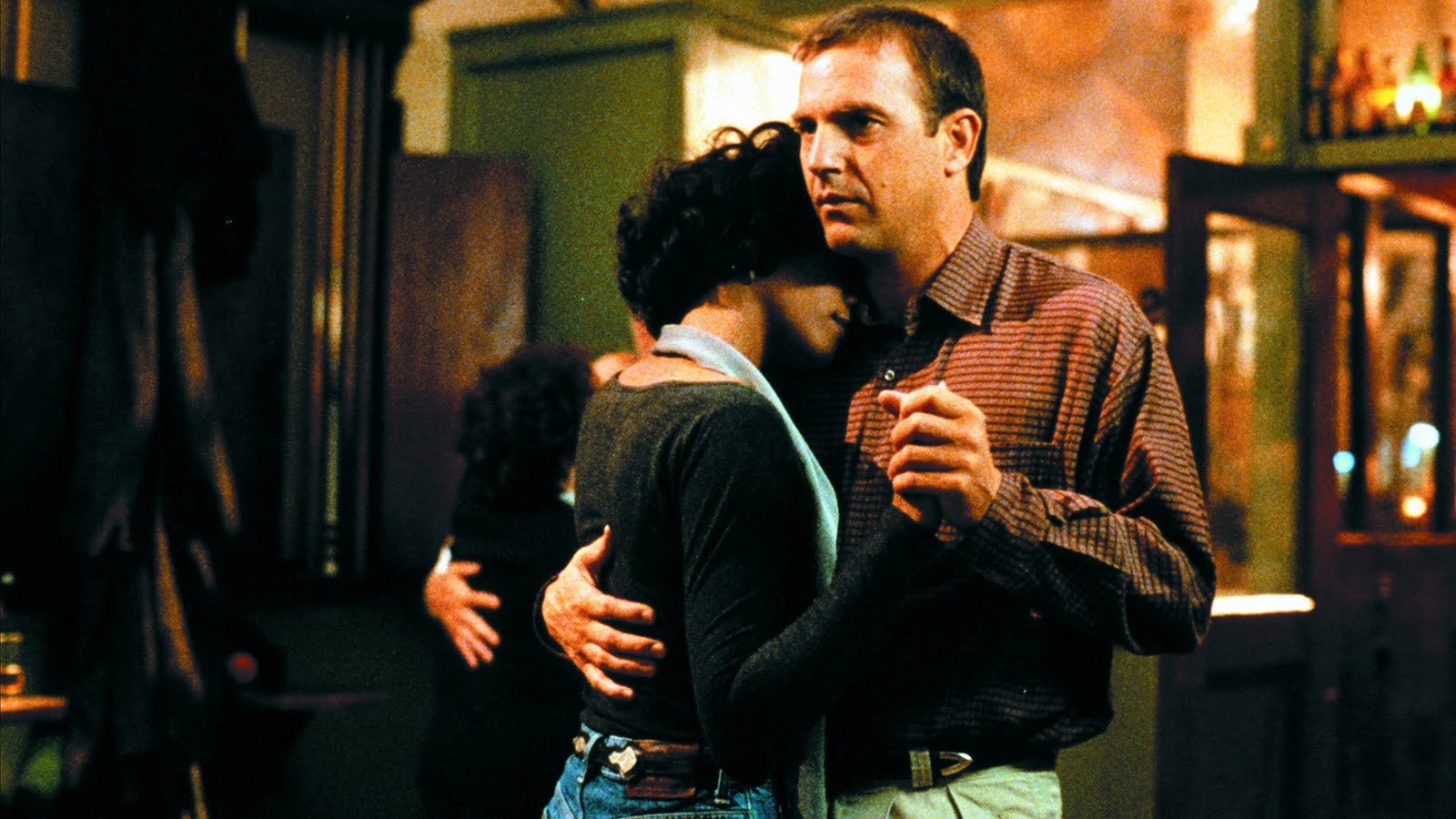
The Bodyguard is unique in the fact that it served as a vehicle for Whitney Houston’s rising popularity, and was unremarkable as cinema. When it was released into theaters in 1992, it gained mixed reviews.
The general consensus was that the film lacked a developed plot and was a melodramatic promotional product for Whitney Houston’s music. Some second-rate acting by Kevin Costner further added to the blandness of the film. The film received several Golden Raspberry nominations, which further added to its critical roasting in the years that followed.
The soundtrack of the Bodyguard was technically composed by veteran Alan Silvestri, although the film is noted for the feature songs by Whitney Houston, such as “I Will Always Love You,” among others. The soundtrack went on to become the best-selling film soundtrack of all time, rivaling the sale of mainstream music albums mainly for this reason.
It is unsurprising, since Houston, who was considered to be one of the greatest female singers of her generation delivered exactly what her greatest enthusiasts were looking for.
3. The Beach
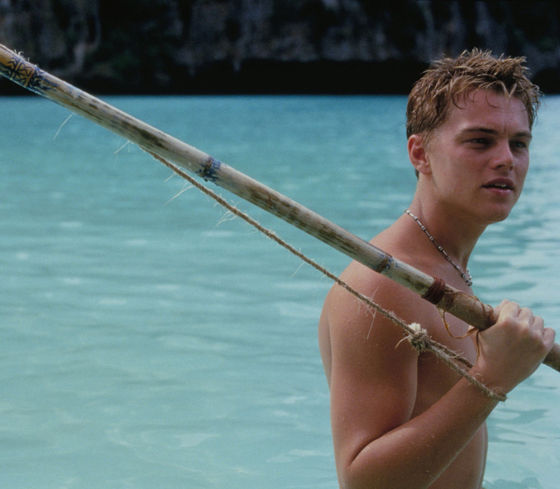
In 1999, pre-Slumdog Millionaire Danny Boyle set out to make a philosophical thriller about finding adventure, happiness, and true meaning. His writer, John Hodge, adapted the film from a novel by the same name. The principal locations were authentically filmed in Thailand as well as other areas of Asia. The lead role was set to be played by Ewan McGregor but he was replaced by Leonardo DiCaprio later into the production.
The film created extreme controversy when film crews flattened beach Ko Phi Phi Lee with tractors to make it appear more “paradise-like” much the the dismay of locals. This, in addition to the thematically flat nature of the film made it a ripe target for critics. DiCaprio’s stifled acting, as well as Hodge’s non coherent screenplay created nothing more than cheap thriller that lacked a single note of substance.
Twin Peaks composer Angelo Badalamenti was recruited to compose the soaring string score for The Beach. The result was a moving orchestral score, that contained cultural authenticity and integrity. Employing native instruments, as well as a traditional orchestra, Badalamenti delivered the thematic substance of loss, longing, and truth that the film fell short of.
2. Bram Stoker’s Dracula
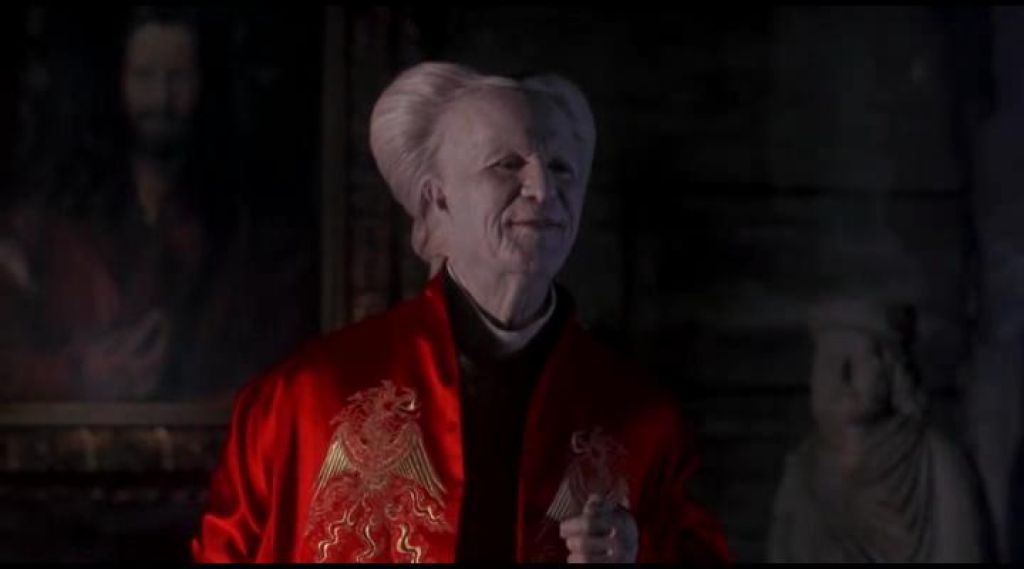
Francis Ford Coppola’s macabre adaptation of the Bram Stoker novel resulted in something that was both disturbing and hokey at the same time. The film was greeted by a generally positive reception, although Keanu Reeves acting was heavily criticized. The film was noted to be stylistically arthouse, influenced by asian and french cinema, and made with unrealistic and theatrical production design.
In 1991, Coppola attempted to produce an accurate film adaption of the heavily reproduced Dracula story, that was religiously adherent to the novel. In doing so, he delved in the uncharted waters of Dracula’s history. While this was not an inherently unwise idea, it translated somewhat awkwardly to the screen, structuring the film in a traditional operatic fashion as oppose to something that was cinematically viable.
Polish classical film composer Wojciech Kilar, composed a brilliant selection of dark and brooding string sections, that harkened back to the classical thrillers of old, but was infused with modern vibrance. The relative repetition and suspenseful score of the film, features use of crescendo build up, a full male choir, as well as exquisite solo opera vocals, creates an effect that is doubly terrifying.
1. The Village
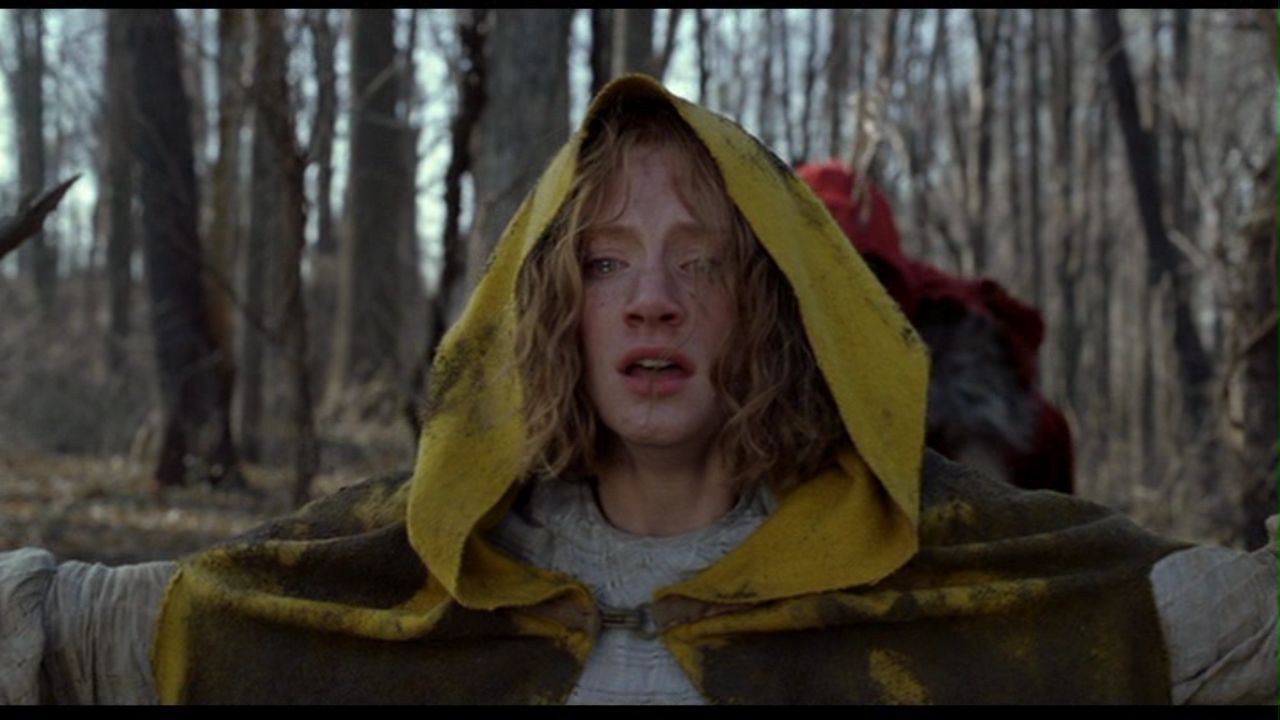
The Village provides perhaps the most notable contrast on this list. M. Night Shyamalan shot the village in 2003, shortly after Signs and The Sixth Sense. While the initial idea for the Village was promising, the fact that the entire substance of the film can be ruined and explained in a sentence, calls into the question the viability of the plot. It is perhaps also a commentary on whether the film is actually necessary to watch, as its meaning, and the entirety of its plot are exclusively linked to one plot twist.
Despite being a successful box office hit, the film was greeted with extremely negative critical reception, most notably, a scalding review from Roger Ebert. Which criticized the film for not actually confronting the themes it questioned. In addition the Village received numerous plagiarism allegations from Simon and Schuster that further increased the controversy over the film.
American composer, James Newton Howard’s score for The Village, is widely praised and often cited as one of the best scores of the twenty-first century. The film was nominated for a single academy award in the best original score category, which it did not receive. However, AFI later nominated the score as one of the Best Film Scores.
The score is unique in the fact that it almost entirely uses strings, accompanied by a subtle underscore. The film featured violin soloist Hilary Hahnn playing the main theme composed by Howard. The soundtrack so severely outdid the quality of the film, it is almost more favorable to see them as two separate pieces of art.
Author Bio: Owen Mortner is a novice English scholar, theorist, and logophile. In his spare time, he watches films, studies latin, and writes epic poetry. He is also a trained ninja, and overpowers people that like math with the sheer force of his wry wit. He is a sophomore at the Dublin School in New Hampshire.